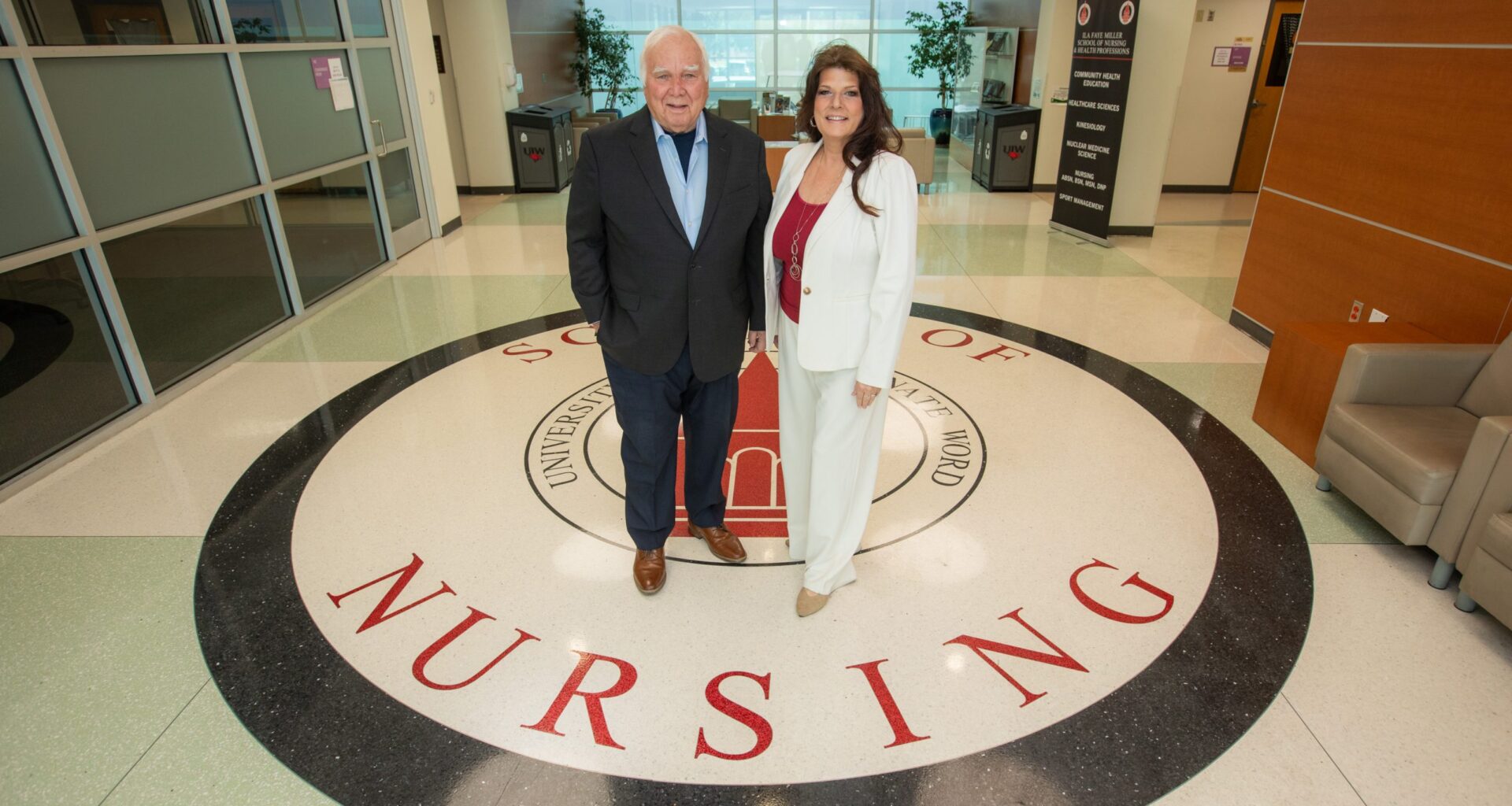Health care professionals will have the opportunity to learn about artificial intelligence and how biases can negatively impact patient outcomes this spring with two new continuing education courses at the University of the Incarnate Word.
Dr. Alan Xenakis, a Harvard-trained health professor and his wife, Audra Xenakis, a nursing professor at Temple College, developed and will teach the courses, both taught online.
The private Catholic university, with a student population of 7,500, is best known for its nursing and health care programs. Alan and Audra expect most enrollees to be professionals looking to develop their skills further since the courses aren’t for credit.
The artificial intelligence course will explore how cognitive biases seep into how AI, and the impacts of those biases in high-stakes decision making environments. The course will be applicable to an array of different professional environments, though, not just health care, Alan said.
For example, more hospitals are relying on “ambient listening,” artificial-intelligence-powered tech that transcribes conversations between patients, nurses and doctors.
Though the tool holds promise for reducing burnout, as well as saving time and money for providers, there’s concern about an overreliance on the tech, transcription errors and privacy breaches.
“Right now there is not a really good review system in a hospital or a large medical practice to review those software programs to see how scientifically accurate [they are],” Alan said. “We’re moving too fast.”
“The push in artificial intelligence is right now, it’s the Wild West,” he added.
Audra and Alan aren’t anti-AI — they see the potential it has to transform the health care sector, but only if it’s wielded thoughtfully, they said. And health care providers are increasingly telling academia that medical students, nurses and adjacent disciplines need to enter the workforce understanding the technology, Audra said.
“What our health care organizations are saying to our academic setting is, ‘Look, we’re already using it,’” she said. “Everyone’s having to move it along. Some people are getting dragged along. Some people are walking ahead of it.”
The other course will be focused on health care, particularly how personal biases impact decision making in clinic settings. Students will spend much of the six-week course learning about their own brain, fast versus slow thinking, and how cognitive biases unconsciously shape our perception and decision-making.
The main objective is to give nurses, doctors and other health care professionals the ability to “pinch themselves” and step outside of deep-seated beliefs and ways of thinking that skew their ability to make accurate diagnoses.
“If we infuse those biases in either fast thinking or slow thinking, our patient’s outcome could be deterred,” Audra said. “The thing about learning about cognitive biases, it’s a wonderful journey of exploration just for yourself, just to be able to understand, ‘I do do that, I never even understood it.’ That’s okay, be aware of it, and then the next step that these courses do is teach you how to control it or eliminate it.”

